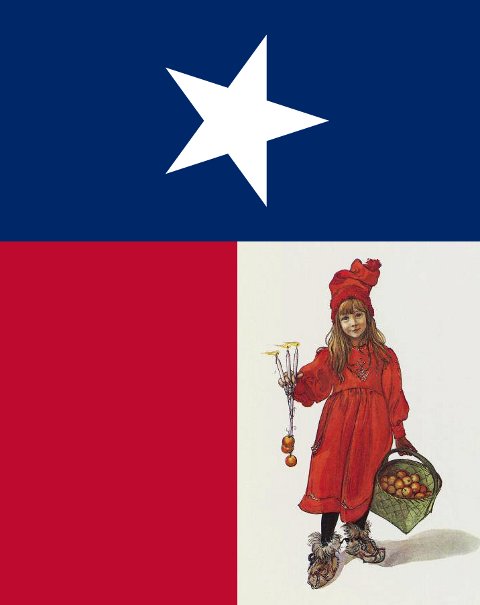Apple Gets Its Software Patents Lesson in Texas
- Dr. Roy Schestowitz
- 2010-10-05 07:31:36 UTC
- Modified: 2010-10-05 07:31:36 UTC

Summary: Apple gets slapped quite hard for patent violations, helping to show that it would possibly be better for Apple to just end software patents
THE following new verdict will hopefully teach Apple that software patents are against everyone's interest (except patent lawyers and patent trolls, who always benefit from them, and unlike monopolists who benefit from them just most of the time) and that it's time for Apple too to call for their abolishment. From A. Marsh:
i.
Apple Challenges $625.5 Million Mirror Worlds Patent Verdict
Apple Inc. is challenging a jury verdict last week in which the computer maker was ordered to pay as much as $625.5 million to Mirror Worlds LLC for infringing patents related to how documents are displayed digitally.
Apple asked U.S. District Judge Leonard Davis for an emergency stay of the Oct. 1 verdict, saying there are outstanding issues on two of the three patents. Apple said patent owner Mirror Worlds would also be “triple dipping” if it were able to collect $208.5 million on each of the patents.
ii.
Cover Flow may cost Apple $208.5 million in damages
Apple has been ordered to pay more than $200 million to Mirror Worlds, LLC after having lost a patent infringement case brought by the company. Apple was found to be in violation of Mirror Worlds' "document streaming" patents, which Apple allegedly used in its implementation of Cover Flow and Time Machine.
There's also:
iii.
Ouch! Apple dinged for $208.5 million in patent infringement case
iv.
Why Have So Many Companies Settled Over Ridiculous Patent For 'Online Music Distribution'?
A company going by the name Sharing Sound LLC, which of course does not appear to do anything, got hold of some exceptionally broad and absolutely ridiculous patents on "distributing musical products by a website over the internet" (6,247,130 and 6,233,682). Go ahead and read the claims on both of those, and realize they were filed in 2000, well after online sales of digital goods was available (I should know, I worked for a company focused on selling software online through nearly identical means described in the patents -- in 1998).
Earlier this year, however, Sharing Sound sued a whole bunch of companies over these patents. Included was Apple, Microsoft, Napster, Rhapsody, BDE (Kazaa), Sony, Sony/Ericsson, Amazon, Netflix, Wal-Mart, Barnes & Noble and Gamestop. Late last week, the news came out that Apple had settled and paid up. Along with that, people noted that most of the other companies had already settled.
In
other news about Apple, "EU Drops Apple Antitrust Inquiry," says
IT Business Edge:
According to The Wall Street Journal, European regulators are satisfied that the changes Apple made to the developer agreement are adequate to dispel antitrust concerns.
European regulators ought to look at Apple's abuse of its competition (including Linux) using software patents. Apple -- just like Microsoft -- finds comfort in software patenting because it's a monopolist in some areas and patents are a counter-productive, protectionist measure.
⬆
"Thousands of candles can be lit from a single candle, and the life of the candle will not be shortened. Happiness never decreases by being shared." — Siddhārtha Gautama
